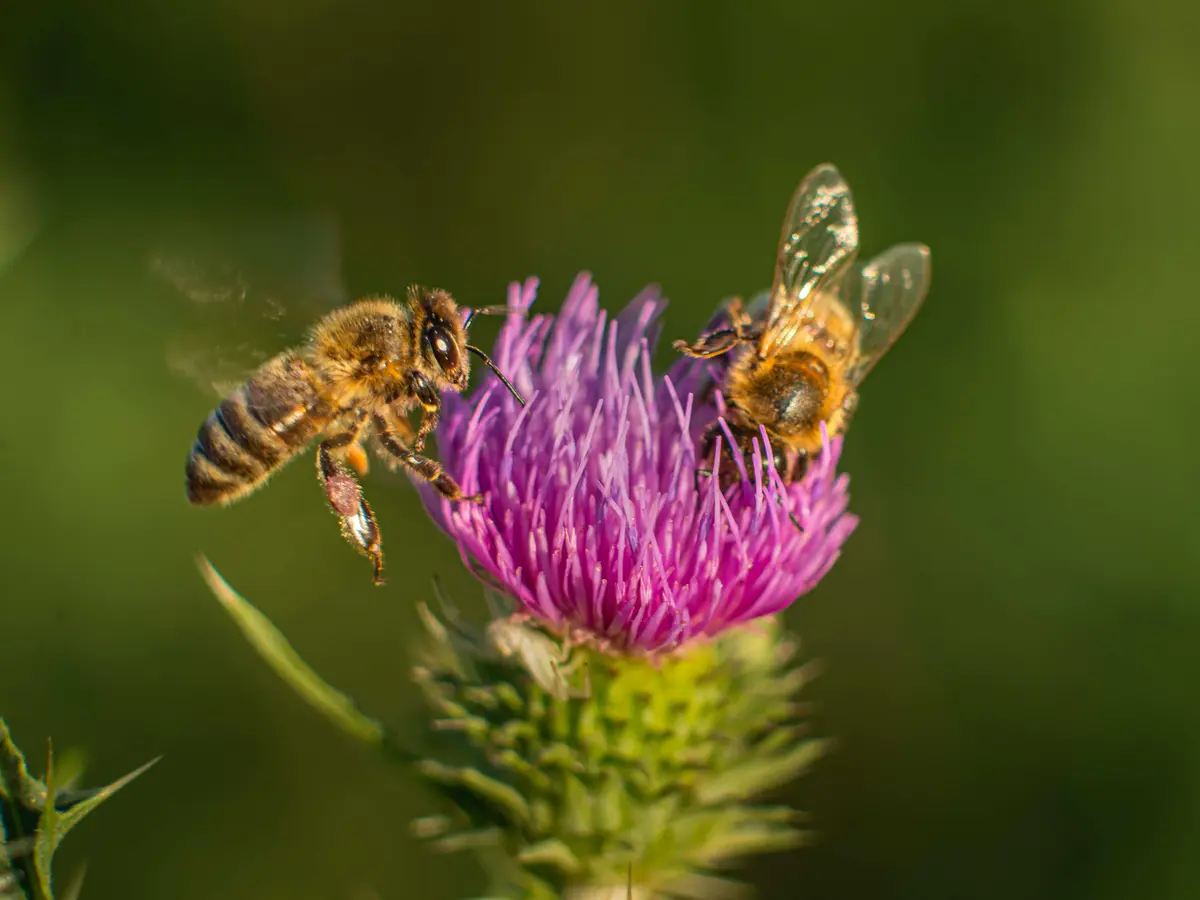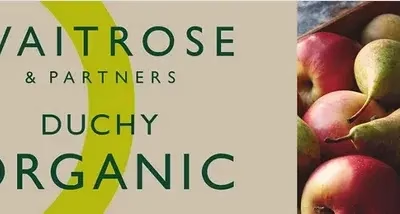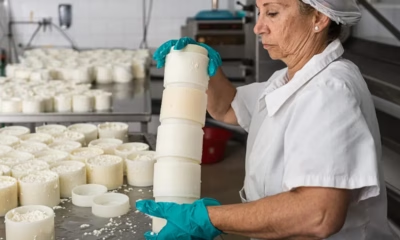Fresh Produce
Kroger Joins Effort to Protect Pollinators

Kroger, alongside industry giants like Whole Foods, Walmart, and Giant Eagle, has committed to a significant initiative aimed at protecting pollinators and enhancing biodiversity. This effort is a key component of the Cincinnati-based grocer’s social and governance strategy, “Thriving Together.” As part of this commitment, Kroger has announced that by 2028 or 2030, depending on the size of the grower, all of its fresh produce suppliers will be required to implement integrated pest management (IPM) practices for all products supplied to the retailer.
To assess current practices, Kroger has conducted a survey of a sample representing 40% of its fresh produce spend, examining critical topics such as pest management, soil health, biodiversity, and water conservation. This survey is a step toward establishing a baseline for more sustainable farming practices within the company’s supply chain.
In addition to IPM adoption, Kroger is taking several other proactive steps to reduce its environmental impact. These include:
- Conducting a biodiversity risk assessment across its supply chain to identify potential biodiversity impacts beyond fresh produce.
- Piloting biodiversity metrics with row crop and specialty crop suppliers to prepare for future biodiversity reporting.
- Undertaking a climate risk assessment in select commodities to assess potential environmental risks.
Kendra Klein, Ph.D., deputy director of science at Friends of the Earth, expressed support for Kroger’s initiative, emphasizing the urgency of addressing biodiversity collapse. She stated, “The over 1 billion pounds of pesticides used annually in U.S. agriculture are drivers of both biodiversity loss and climate change. It’s time for U.S. food retailers to take swift action to eliminate toxic pesticides and accelerate the transition to organic and ecologically regenerative agriculture.”
Kroger’s commitment to protecting pollinators and promoting biodiversity reflects a growing industry trend to prioritize sustainable and environmentally responsible farming practices, though experts like Klein argue that more needs to be done to fully safeguard pollinators, people, and the planet.





















